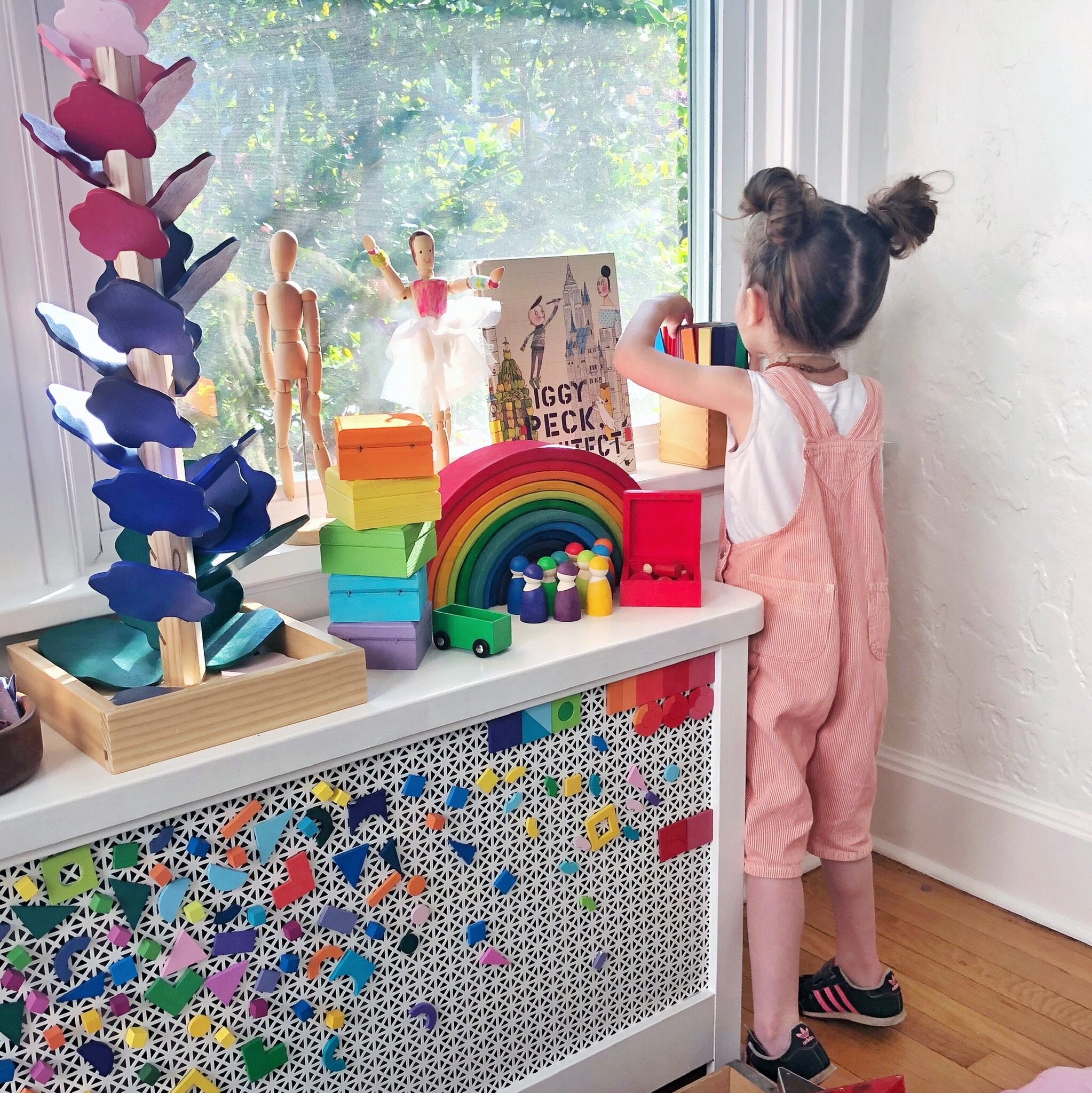Taming the Endless 'Why?' - Strategies to Boost Your Toddler's Conversational Skills
/If you're a parent to a 3 or 4-year-old, you've likely experienced this scenario: "It’s time to go to the grocery store," you announce. The immediate response? "But why?"
So you patiently explain, "Because we need food," only to hear another "but why?" You delve deeper: "Because you're going to be hungry." But alas, the sequence continues - "But why?"
As endearing and cute as this exchange may initially seem, the endless 'why?' can soon become exhausting. But here's the silver lining: your little one's unending curiosity is not only a sign of their blossoming intellect but also a fantastic opportunity to enhance their conversational skills.
Seeing Through Your Child's Eyes
Children are information sponges, constantly absorbing, learning, and seeking to understand the world around them. When your child is continually asking 'why?', they're not merely testing your patience. Instead, they're engaging in information-seeking behavior. However, they lack the language skills to partake in an adult-like back-and-forth conversation. This can make their inquisition seem a bit more like an interrogation.
Building Conversational Skills
So, how can you help your little one to navigate their information thirst in a more conversation-friendly manner? Here's an approach you can adopt:
Let's revisit the grocery store scenario. Instead of answering the 'why?' directly, you could ask, "Why do you think we might be going to the grocery store?" Your child might answer, "To get food." And there you have it, a perfect moment to turn their response into another question, "That's right! What kind of foods do you think we'll get?"
By transforming your responses into open-ended questions, you're encouraging your child to think critically, fostering their problem-solving abilities, and helping them articulate their thoughts. This method also has the added benefit of giving them some control over the conversation, which can be incredibly empowering for young children.
A Repetitive Game
Remember, repetition is key. Repeating back to your child what they say and rephrasing it as a question helps build those conversational back-and-forth skills. While this technique might seem simplistic, it's a powerful tool in aiding their language development and satisfying their quest for answers without feeling overwhelmed by a constant barrage of 'why?' questions.
At the end of the day, your child's unending 'why?' is a testament to their natural curiosity and desire to learn. It's a beautiful thing, albeit a tad tiring. But with the right approach, you can transform these moments into an engaging conversation that fosters their intellectual growth and, at the same time, gives your patience a well-deserved break!







Rescuing them from discomfort also robs them of resilience.